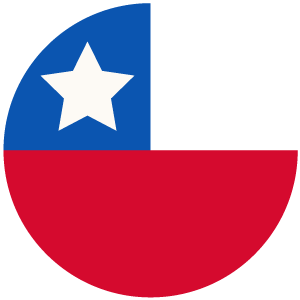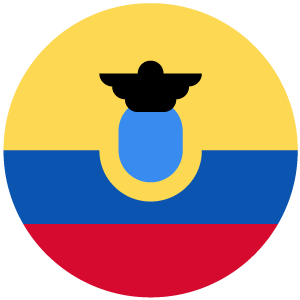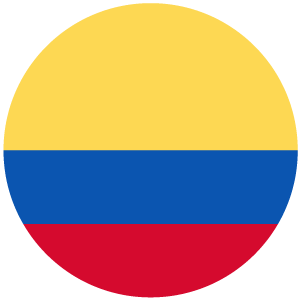Indigenous Rights in Latin America: Main Tools and the Challenges of their Implementation
Autores
Abstract:
This document is based on Kelly Ulcuango’s presentation on indigenous rights for the meeting “Transformation of food systems: perspectives of indigenous peoples and nations of the Americas” held in Yunguilla, Ecuador, with the participation of representatives of indigenous peoples and nations of the Americas. It addresses indigenous rights in Latin America, achieved through historical processes of struggle, and their political, territorial-environmental, legal, economic, sociocultural, and participatory dimensions. In this context, key international instruments are presented, such as ILO Convention 169 and the UN Declaration on the Rights of Indigenous Peoples, both of which emphasize the right to consultation and free, prior, and informed consent for the implementation of interventions that affect indigenous areas and communities. However, the implementation of these rights faces significant challenges in terms of administrative barriers, state inaction, and a lack of specific international control mechanisms. Examples from Ecuador illustrate these difficulties, as evidenced by the absence of policies aimed at enabling the titling of ancestral territories, despite the constitutional nature of this right. Ultimately, it is maintained that the achievement of these rights requires constant struggle and collective action.
Keywords: Latin America, indigenous rights, Ecuador, indigenous peoples, indigenous nations.

Nuestras oficinas:

- Chile: Huelén 10. Providencia, Santiago, Región Metropolitana. (+56-2) 2236 4557 | Fax (+56-2) 2236 4558.

- Ecuador: Checoslovaquia E9-95 entre Suiza y Moscú. Edificio Eveliza Plaza. Planta Baja. Quito. (+593-2) 5150144.

- Colombia: Carrera 9 No 72-61 Oficina 303. Bogotá. (+57-1) 2073 850.
